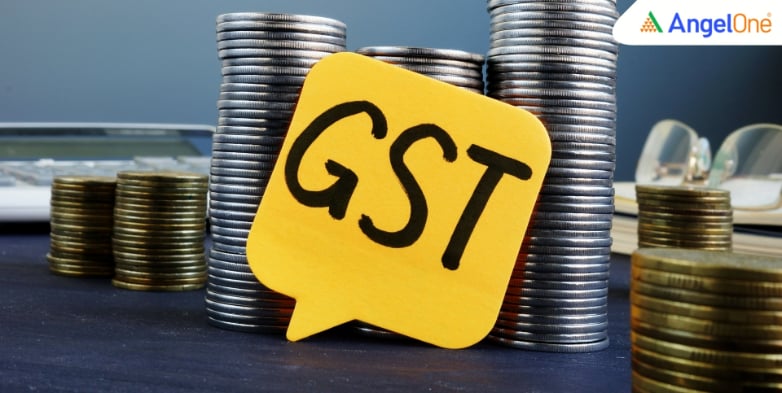
The government will roll out a simplified Goods and Services Tax (GST) registration system under GST 2.0 from November 1, 2025. Finance Minister Nirmala Sitharaman announced that most new applicants will receive automatic registration approval within 3 working days, aiming to make compliance faster and more transparent.
Under the GST 2.0 framework, automatic registration will apply to 2 categories of applicants: those identified as low-risk through system-based data analysis and self-assessed applicants with a monthly output tax liability of up to ₹2.5 lakh.
Nearly 96% of new registrants are expected to benefit from this simplified route. The system will significantly reduce manual intervention, enhancing efficiency and taxpayer trust.
Speaking at the inauguration of the new CGST Bhawan in Ghaziabad, Sitharaman emphasised that tax administration should operate “by design, not by discretion.” She highlighted that honest taxpayers must be treated with dignity, while strict action should be taken against tax evaders. The finance minister urged officers to ensure smooth on-ground implementation of reforms without procedural hurdles.
Read More: GST 2.0: Small, Daily Use FMCG Items Like Biscuits and Shampoos to Get Bigger by Mid-November!
The GST 2.0 package includes rationalised rate slabs, simplified return filing, automated refunds, and risk-based audits. These measures aim to create a more equitable, efficient, and technology-driven tax system. Sitharaman also instructed officials to improve service quality at GST Seva Kendras nationwide, ensuring every centre is properly staffed and accessible to taxpayers seeking registration assistance.
The finance minister also underscored the importance of integrity within the tax administration, calling for the timely completion of disciplinary proceedings. She stressed that accountability strengthens the moral authority of institutions. Quoting, “Galat kiya toh khair nahi, sahi kiya toh koi bair nahi,” Sitharaman reinforced the need for fairness and responsibility in governance.
Citing data from the Confederation of All India Traders (CAIT), she noted that India’s festive retail sales reached ₹6.05 trillion this Diwali, a 25% rise over last year. Around 87% of customers preferred Indian-made products, while 72% of traders attributed the growth to recent GST rate cuts on consumer goods. Sitharaman expressed confidence that continued reforms would drive higher compliance and sustainable economic growth.
With GST 2.0 set for rollout on November 1, 2025, the government takes a major step toward simplifying compliance, reducing red tape, and building trust with taxpayers. The reforms underline India’s commitment to a transparent, technology-enabled, and taxpayer-friendly system that supports both ease of doing business and national revenue growth.
Disclaimer: This blog has been written exclusively for educational purposes. The securities or companies mentioned are only examples and not recommendations. This does not constitute a personal recommendation or investment advice. It does not aim to influence any individual or entity to make investment decisions. Recipients should conduct their own research and assessments to form an independent opinion about investment decisions.
Investments in securities are subject to market risks. Read all related documents carefully before investing.
Published on: Oct 25, 2025, 12:21 PM IST

Team Angel One
We're Live on WhatsApp! Join our channel for market insights & updates
